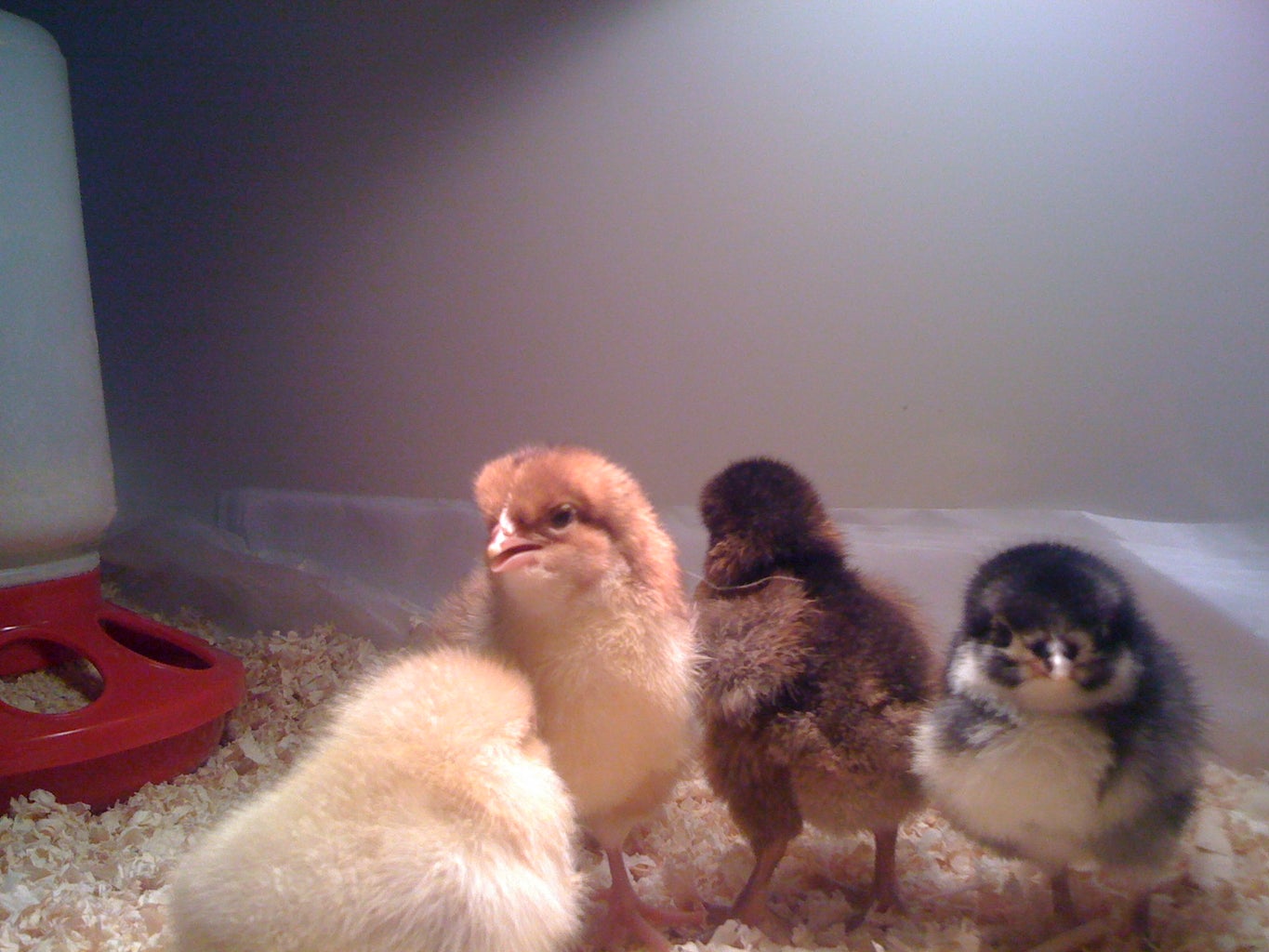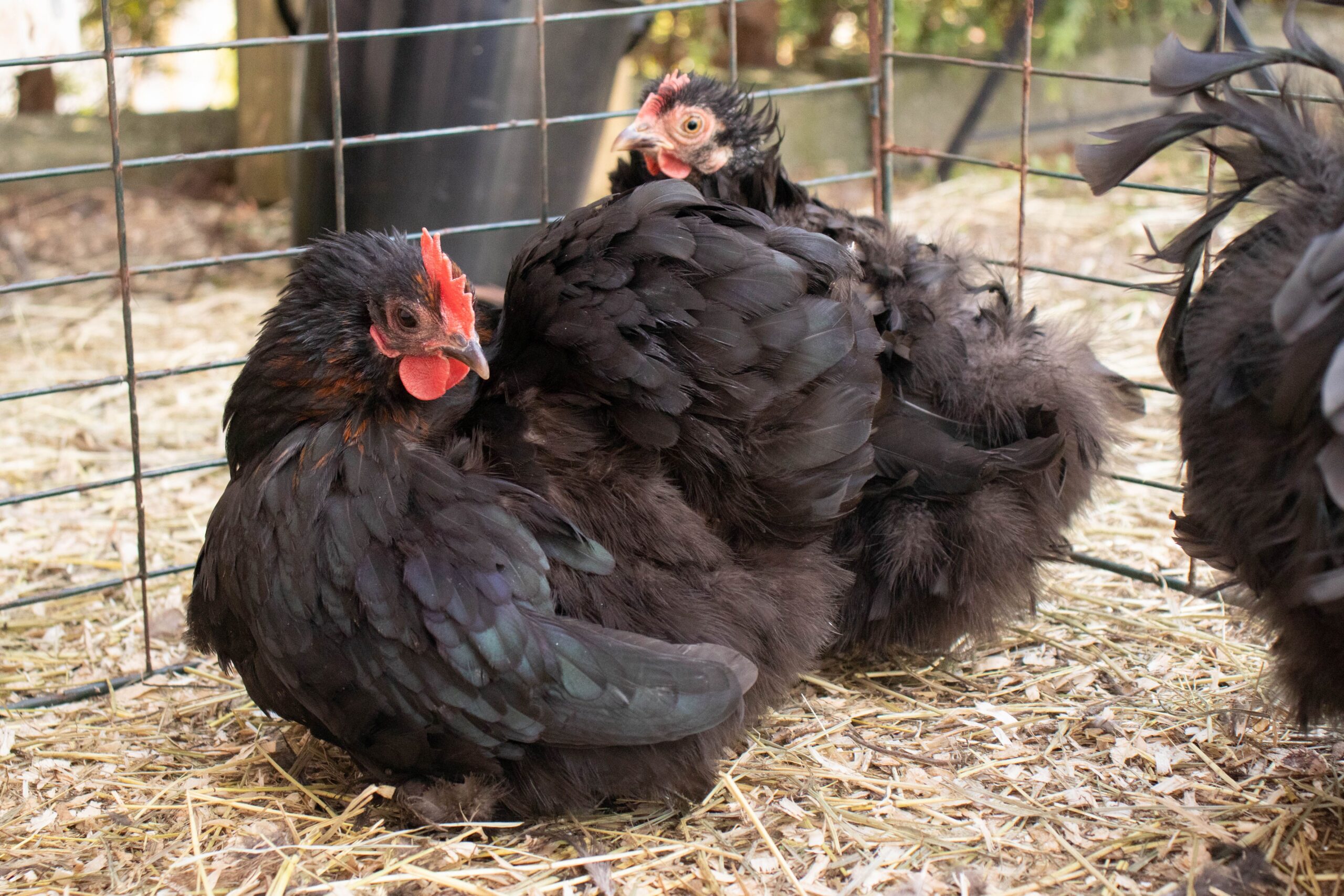Caring for a pet chicken is rewarding and fun. These feathered friends need attention and proper care.
Pet chickens can bring joy and fresh eggs to your home. They are unique pets with specific needs. Understanding their care is essential for their health and happiness. From setting up a coop to feeding them, every step matters. This guide will help you learn how to care for a pet chicken.
You’ll find tips on housing, nutrition, and daily care. With the right approach, your chickens will thrive and become beloved members of your family. Dive in to discover how to give your pet chickens the best care possible.
Choosing The Right Breed
Choosing the right breed is crucial for a happy and healthy pet chicken. Different breeds have unique characteristics and needs. Understanding these differences helps you make an informed decision. This ensures you choose a breed that fits your lifestyle and environment.
Popular Chicken Breeds
Some breeds are more popular than others. The Rhode Island Red is known for its hardiness and egg-laying capabilities. The Leghorn is another popular breed, famous for its prolific egg production. The Silkie is loved for its fluffy feathers and friendly nature. Each of these breeds offers something unique.
Breed-specific Needs
Each breed has specific needs. Rhode Island Reds need space to roam. They are active birds and enjoy foraging. Leghorns require a diet high in calcium. This helps them maintain their egg-laying abilities. Silkies need extra care due to their unique feathers. They are more susceptible to cold weather. Understanding these needs is essential for proper care.

Credit: www.wikihow.life
Creating A Safe Home
Ensuring your pet chicken has a safe home is crucial. It keeps them healthy and happy. Let’s discuss how to create this safe environment.
Building A Coop
First, start with a sturdy coop. This is where your chicken will sleep and lay eggs. The coop must be secure from predators like foxes and raccoons.
Ensure the coop has proper ventilation. This helps to avoid respiratory issues. Also, make sure it has enough room. Chickens need space to move and stretch their wings.
Inside the coop, add nesting boxes. These are for laying eggs. Each chicken needs at least one nesting box. Line them with straw or wood shavings.
Don’t forget the roosting bars. Chickens like to perch when they sleep. Place the bars higher than the nesting boxes. This will keep the nesting boxes clean.
Indoor Vs. Outdoor Housing
Decide if your chickens will live indoors or outdoors. Each has its pros and cons.
| Indoor Housing | Outdoor Housing |
|---|---|
|
|
Indoor housing means keeping chickens inside a barn or garage. This setup protects from weather and predators. It can also be easier to maintain cleanliness.
Outdoor housing allows chickens to roam freely. They get more sunlight and fresh air. This is better for their overall health.
Both options require daily care. Fresh food, clean water, and regular cleaning are essential. Choose the one that fits your lifestyle and space availability.
Feeding Your Chicken
Ensure your pet chicken has a balanced diet with grains, fruits, and vegetables. Clean water and safe, natural food are essential. Regular feeding times help maintain health and happiness.
Feeding your chicken well ensures they remain healthy and productive. It’s important to understand their nutritional needs and choose the right type of feed. Here’s what you need to know.Nutritional Needs
Chickens need a balanced diet rich in proteins, vitamins, and minerals. They require carbohydrates for energy and proteins for growth and egg production. Calcium is crucial for strong eggshells. Fresh water should always be available.Homemade Vs. Store-bought Feed
Homemade feed gives control over ingredients. You can mix grains, seeds, and kitchen scraps. Ensure you include all essential nutrients. Store-bought feed is convenient and nutritionally balanced. It’s formulated to meet the chicken’s dietary needs. Choose a reputable brand to ensure quality. “`
Credit: www.wikihow.com
Maintaining Health And Hygiene
Maintaining the health and hygiene of your pet chicken is essential. A healthy chicken is a happy chicken. This involves regular health checks and keeping their living space clean. Both aspects ensure your chicken lives a long and healthy life.
Regular Health Checks
Inspect your chicken often. Look for signs of illness. Check their eyes, beak, and feathers. Healthy eyes are clear. A healthy beak is smooth. Feathers should be clean and bright.
Watch their behavior. A healthy chicken is active and alert. They should eat and drink regularly. Look out for changes in their droppings. Unusual droppings can indicate illness.
Weigh your chicken regularly. Sudden weight loss is a bad sign. Keep a record of their weight. This helps you notice any changes quickly.
Cleaning The Coop
Clean the chicken coop weekly. Remove all bedding and droppings. Use a brush to scrub the surfaces. A clean coop prevents diseases.
Replace the bedding with fresh material. This keeps the coop dry and comfortable. Wet bedding can cause health issues. Use straw, wood shavings, or shredded paper.
Disinfect the coop monthly. Use a pet-safe disinfectant. This kills harmful bacteria and parasites. Rinse and dry the coop before adding new bedding.
Ensure proper ventilation. A well-ventilated coop keeps the air fresh. It reduces the risk of respiratory diseases. Check for any gaps or openings. Repair them to prevent drafts.
Socializing Your Chicken
Socializing your chicken is a key part of ensuring a happy flock. Chickens are social animals. They need interaction with other chickens and humans. Without proper socialization, chickens can become stressed or aggressive.
Introducing New Chickens
When introducing new chickens to your flock, take it slow. Start by keeping the new chickens in a separate area. Let the existing flock see the new members without physical contact. This helps them get used to each other.
After a few days, allow supervised interaction. Watch for signs of aggression. Pecking is normal, but serious fighting is not. If there are issues, separate them and try again later. Gradually increase their time together until they can coexist peacefully.
Interacting With Humans
Chickens can bond with humans too. Spend time with your chickens every day. Talk to them in a calm voice. Offer treats from your hand. This helps them associate you with positive experiences.
Handle your chickens gently and regularly. This makes them less fearful of humans. Start with short sessions and increase the time as they get comfortable. Over time, your chickens will enjoy your company and may even seek your attention.

Credit: www.instructables.com
Dealing With Common Health Issues
Caring for a pet chicken involves more than just feeding and shelter. Common health issues can arise. Knowing how to handle them is vital. This section covers recognizing symptoms and basic treatments. Ensuring your chicken stays healthy and happy.
Recognizing Symptoms
Early detection of health issues is key. Here are some common symptoms to watch for:
- Lethargy – Your chicken may seem unusually tired.
- Loss of appetite – Not eating as usual.
- Abnormal droppings – Look for changes in color or consistency.
- Respiratory issues – Wheezing or coughing.
- Feather loss – More than the usual molting.
If you notice any of these symptoms, your chicken may be unwell. Monitoring them daily helps catch problems early.
Basic Treatments
Once you recognize symptoms, basic treatments can help. Here are some steps you can take:
| Symptom | Basic Treatment |
|---|---|
| Lethargy | Ensure fresh water and nutritious food are available. |
| Loss of appetite | Try offering their favorite treats. |
| Abnormal droppings | Check for parasites and maintain clean living conditions. |
| Respiratory issues | Provide a warm, dry environment. Separate from other chickens. |
| Feather loss | Check for mites or lice. Ensure a balanced diet. |
If basic treatments do not help, consult a vet. A professional can offer further advice. Health issues in chickens can often be treated effectively at home. But professional help is sometimes needed.
Understanding Chicken Behavior
Caring for a pet chicken involves more than just feeding and sheltering. Understanding chicken behavior is crucial for their health and happiness. Chickens have unique behaviors that can indicate their well-being. Let’s dive into some common behaviors and potential behavioral problems.
Common Behaviors
Chickens exhibit a range of behaviors that are both fascinating and informative. Here are some common ones:
- Pecking Order: Chickens establish a social hierarchy known as the pecking order.
- Foraging: Chickens spend a lot of time scratching the ground for food.
- Dust Bathing: They roll in dirt to clean their feathers and remove parasites.
- Preening: Chickens use their beaks to clean and arrange their feathers.
- Brooding: Hens may sit on their eggs to keep them warm for hatching.
Behavioral Problems
Sometimes chickens exhibit behaviors that indicate issues. Recognizing these can help you take action early:
- Feather Pecking: This can be a sign of stress or boredom.
- Cannibalism: This severe behavior may occur due to overcrowding or poor diet.
- Egg Eating: Chickens might eat their own eggs if they lack proper nutrition.
- Bullying: Some chickens may bully weaker ones, causing stress and injury.
Understanding these behaviors helps in creating a better environment for your chickens. Provide ample space, a balanced diet, and regular health checks to ensure their well-being.
Seasonal Care Tips
Seasonal changes can significantly affect your pet chicken’s health and happiness. Knowing how to care for your chicken during different seasons ensures they stay comfortable and safe all year round. Here are some essential seasonal care tips to help you provide the best environment for your feathered friend.
Winter Care
Winter can be harsh for chickens. Keep their coop well-insulated to protect them from the cold. Use straw or wood shavings for bedding, as these materials trap heat. Ensure the coop is draft-free but ventilated to prevent moisture buildup. Provide a heat lamp only if temperatures drop very low.
Keep water from freezing by using heated waterers. Chickens need access to fresh water at all times. Increase their feed slightly in winter, as they burn more energy to stay warm. Check their combs and wattles for frostbite. Applying petroleum jelly can help protect these areas.
Summer Care
Summer heat can stress chickens. Ensure they have plenty of shade in their run. Provide cool, fresh water throughout the day. Adding ice cubes to their water can help keep it cool. Create dust baths with sand and dirt to help them stay cool and clean.
Ventilate the coop to allow air circulation. Avoid overcrowding as it increases heat stress. Offer treats like watermelon or cucumber to keep them hydrated. Monitor for signs of heatstroke, such as panting or lethargy. Move any affected chickens to a cooler area immediately.
Frequently Asked Questions
How Often Should I Feed My Pet Chicken?
Feed your pet chicken twice a day. Provide a balanced diet with grains, fruits, and vegetables. Ensure fresh water is always available.
What Do Pet Chickens Eat?
Pet chickens eat grains, vegetables, and fruits. They enjoy seeds, corn, and leafy greens. Provide a balanced diet for optimal health.
How To Keep A Chicken Coop Clean?
Clean the coop weekly. Remove waste, replace bedding, and disinfect surfaces. This maintains hygiene and prevents diseases.
Do Pet Chickens Need Vaccinations?
Yes, pet chickens need vaccinations. Consult a vet for recommended vaccines. This helps prevent common poultry diseases.
Conclusion
Caring for a pet chicken is fun and rewarding. Ensure they have clean water, good food, and a safe home. Spend time with them daily. Check for any health issues regularly. Happy chickens lay more eggs and stay active. With love and care, your chicken will thrive.
Enjoy your time with your feathered friend!





